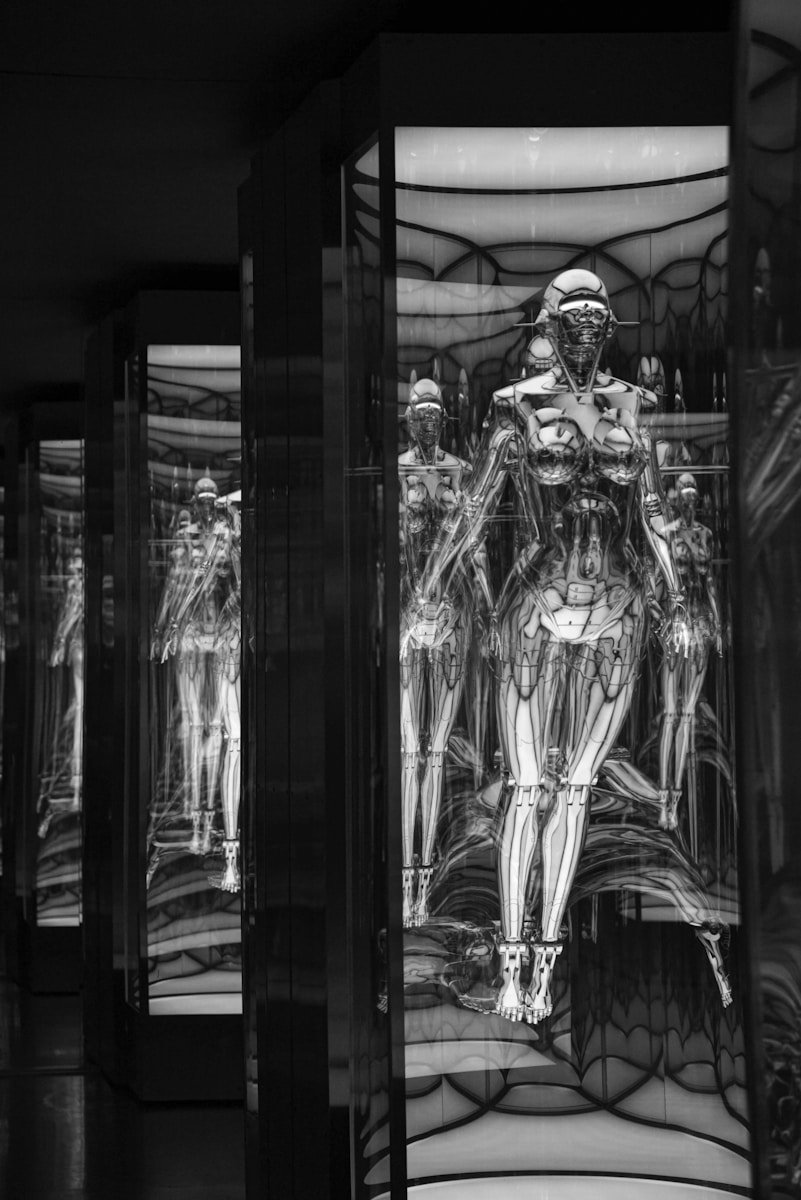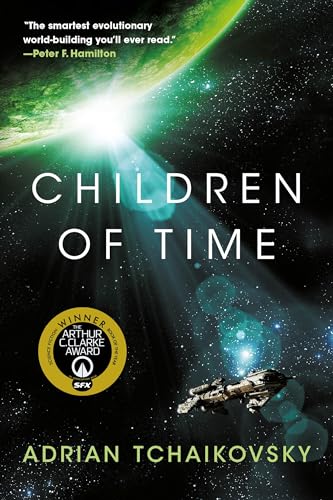“As an Amazon Associate we earn from qualifying purchases.”
Why the Best Science Fiction Books Continue to Shape Our Future
Science fiction books have long been more than just entertainment; they serve as windows into possible futures and ethical dilemmas that transcend time. This genre, often underestimated in academic circles, has predicted technological advancements and societal issues decades before they occurred. For instance, George Orwell’s 1984 foresaw global surveillance concerns long before digital technologies made them possible (The Guardian). Similarly, Isaac Asimov’s Foundation series proposed the idea of predictive social sciences—a concept now echoed in the rise of big data analytics and AI-driven decision-making.
The best science fiction books not only ignite the imagination but also challenge readers to question their assumptions about science, ethics, and progress. As Brady Kruse noted in his TEDx talk, the genre uses “literal metaphors” to explore contemporary social issues. Aldous Huxley’s Brave New World, for example, examines the tension between collective happiness and individual freedom, a debate still relevant in today’s society.
Science fiction forces us to stop and consider the question: should we, rather than just can we?” – Brady Kruse, TEDxMSState
One of the most fascinating aspects of science fiction books is their predictive power. Jules Verne, often called the father of modern scientific fiction, imagined submarines and space travel long before they became realities. Arthur C. Clarke went even further, famously stating that “any sufficiently advanced technology is indistinguishable from magic,” a statement that resonates deeply in an age of quantum computing and AI.
Fun Fact
Did you know? NASA scientists have credited Star Trek for inspiring real-life technological developments, including flip phones and voice-activated computers (NASA).
This genre’s impact isn’t limited to technology; it also plays a vital role in fostering empathy and cultural awareness. A study by Capulum College found that engaging with science fiction helps students develop emotional intelligence and compassion by presenting diverse characters and societies. This makes science fiction books essential not only for entertainment but for shaping more inclusive and empathetic communities.
Top 10 Best Science Fiction Books
How to Choose the Best Science Fiction Books for Your Library
When deciding which science fiction books deserve a place on your shelf, it’s essential to consider both classic and contemporary works. Authors like Isaac Asimov, Ursula K. Le Guin, and Robert Heinlein have written foundational texts that continue to influence modern speculative fiction. Asimov’s I, Robot and Le Guin’s The Left Hand of Darkness are excellent starting points for readers seeking works that balance narrative quality with philosophical depth.
Contemporary authors such as Neal Stephenson and Octavia Butler expand the genre’s boundaries even further. Stephenson’s Snow Crash predicts the rise of virtual realities, while Butler’s Parable of the Sower offers a chillingly realistic vision of a climate-ravaged future. Including both modern and classic science fiction novels allows readers to see how the genre has evolved while recognizing its enduring themes.
It’s also helpful to explore sub-genres within science fiction. The Hyperion Cantos series by Dan Simmons, for instance, is a masterpiece of space opera that blends literary prose with futuristic concepts. Meanwhile, hard science fiction titles like The Martian by Andy Weir appeal to readers who enjoy accurate scientific details woven into compelling narratives.
Why Science Fiction Books Are More Relevant Than Ever
Science fiction is not simply escapism; it is a tool for understanding the world we live in and the directions it might take. With rapid advancements in artificial intelligence, biotechnology, and space exploration, the ethical and philosophical questions raised by these books have never been more urgent. Asimov’s famous “Three Laws of Robotics” continue to influence real-world discussions about AI safety (MIT Technology Review).
Featured Perspective: “Science fiction books offer society a rehearsal space for the future, allowing us to explore consequences before they happen.” – Dr. Jessica Snyder, Oxford University
Moreover, science fiction books often reflect societal fears and aspirations, making them excellent cultural barometers. Whether it’s the exploration of identity in Ursula K. Le Guin’s novels or the critique of authoritarianism in Margaret Atwood’s The Handmaid’s Tale, the genre is uniquely equipped to tackle complex issues in a way that is both engaging and thought-provoking.
By investing in a selection of high-quality science fiction novels, readers not only enjoy captivating stories but also engage with ideas that may shape the technologies and ethical frameworks of tomorrow. This is why curating the best titles—classics and contemporary alike—is essential for any serious reader or collector.
“As an Amazon Associate we earn from qualifying purchases.”











